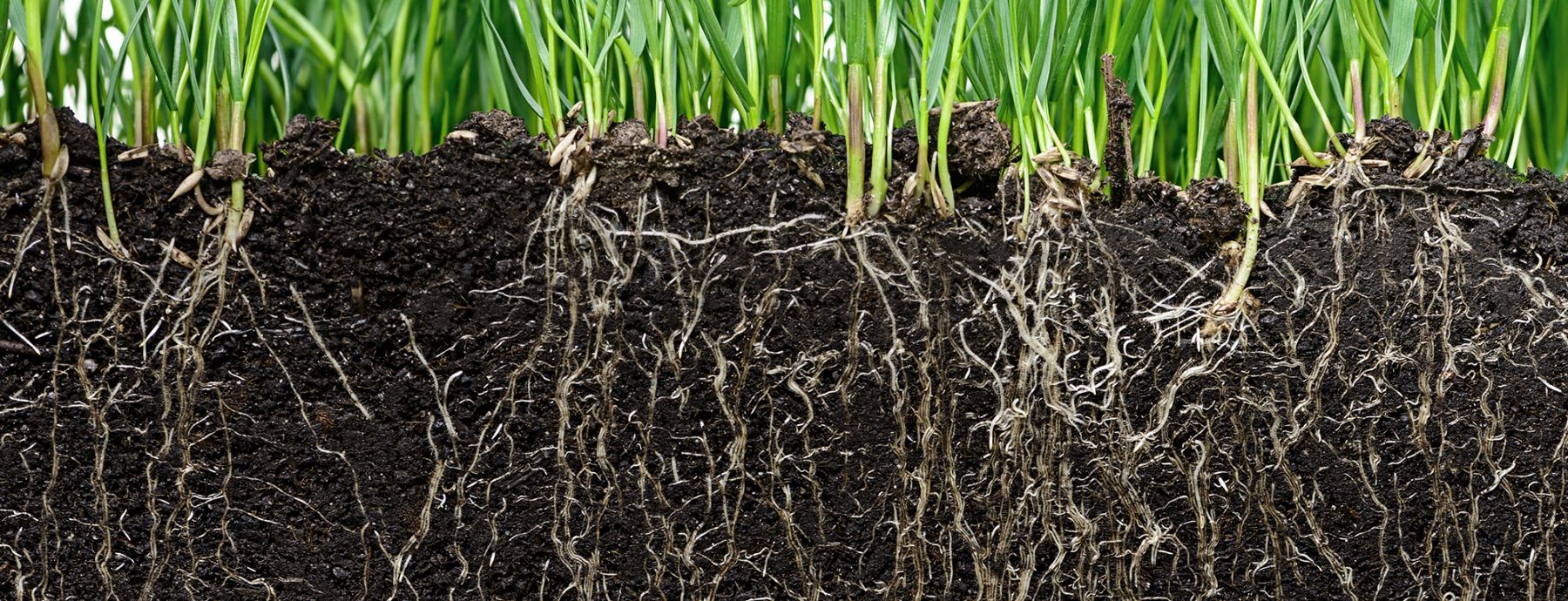The grand challenge of the 21st century is to sustain 10 billion people in a degraded global environment. A central element of that effort will be the development of climate-resilient agroecosystems that can provide food, fiber, and fuel at a reduced environmental cost. Water limitation is the single greatest limit to plant growth and this will worsen in the future because of global climate change. Low soil fertility is a primary barrier to food security in developing nations and in rich nations intensive fertilization is a primary cause of environmental pollution. A better understanding of root function and root health, including root associations with symbionts, will open avenues to create new resilient crops and agroecosystems, and improved management of natural ecosystems, that are urgently needed.

Center for Root and Rhizosphere Biology
Supporting research and training on plant roots and their associated rhizospheres
News
Simulating the unthinkable: Models show nuclear winter food production plunge
A team led by researchers at Penn State have modeled precisely how various nuclear winter scenarios could impact global production of corn — the most widely planted grain crop in the world.
What if Pennsylvania apples disappeared?
Penn State’s fruit tree task force helps farmers protect both their harvest and their future. From hands-on support to innovative blossom-thinning techniques, the work of Penn State researchers and educators is vital for the success of agriculture across the commonwealth.
Eight graduate students receive U.S. National Science Foundation fellowships
Eight Penn State graduate students received U.S. National Science Foundation (NSF) Graduate Research Fellowships for the 2025-26 academic year.
News
Simulating the unthinkable: Models show nuclear winter food production plunge
A team led by researchers at Penn State have modeled precisely how various nuclear winter scenarios could impact global production of corn — the most widely planted grain crop in the world.
What if Pennsylvania apples disappeared?
Penn State’s fruit tree task force helps farmers protect both their harvest and their future. From hands-on support to innovative blossom-thinning techniques, the work of Penn State researchers and educators is vital for the success of agriculture across the commonwealth.
Eight graduate students receive U.S. National Science Foundation fellowships
Eight Penn State graduate students received U.S. National Science Foundation (NSF) Graduate Research Fellowships for the 2025-26 academic year.
Huck announces 2025-26 Leadership Fellows
Three faculty members, representing three different Penn State colleges, have been named Huck Leadership Fellows for the 2025-26 academic year.